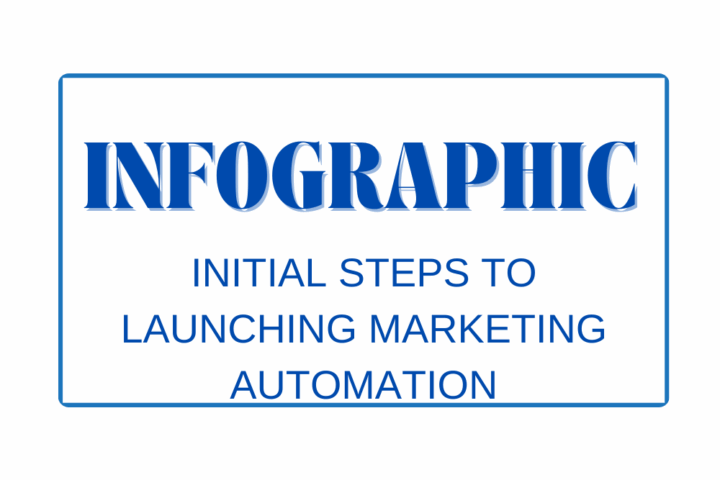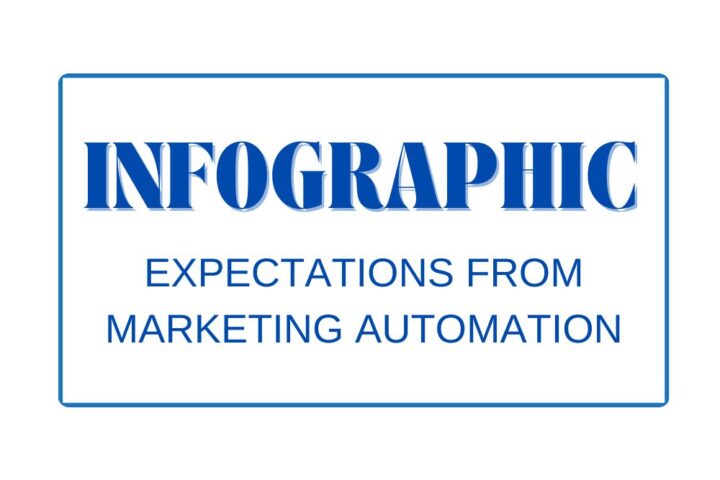Marketing Automation Strategies for Manufacturers
Part 3: Marketing Automation Implementation Guide
Marketing Automation Implementation is not a one-off task; it requires thoughtful planning, a skillful team, and ongoing maintenance to truly reap its benefits. Let’s dive into the essential steps and skills needed for successful Marketing Automation Implementation.
How to Implement Marketing Automation
In the bustling world of B2B manufacturing and distribution, finding efficient ways to streamline operations and bolster marketing efforts is not just beneficial—it’s crucial. That’s where the concept of Marketing Automation Implementation comes into play, a strategy that can fundamentally change how you approach prospective and current clients.
Laying the Groundwork for Marketing Automation Implementation
Before diving head first into implementing a marketing automation system, it’s vital to understand the groundwork that needs to be laid. This preparatory phase isn’t just about choosing the right software; it’s about ensuring your organization is ready to pivot towards a more automated approach.
Understand Your Audience
Knowing your audience inside out is the cornerstone of any marketing strategy, more so for Marketing Automation Implementation. Understanding the needs, behaviors, and pain points of your B2B buyers is essential for tailoring automated content that resonates.
Define Clear Objectives
What do you aim to achieve with marketing automation? Higher conversion rates, enhanced lead nurturing, or improved customer service? Defining clear, measurable goals at the outset provides direction and a benchmark for success.
Choose the Right Platform
There’s a plethora of marketing automation tools out there, each with its unique features. Opt for a platform that not only aligns with your objectives but is also scalable to grow with your business.
Skill Sets Needed for Marketing Automation Implementation
Deploying a marketing automation program is not merely a technical challenge; it requires a diverse set of skills to manage effectively. Here’s a look at the essential skills your team will need:
Technical Proficiency
It goes without saying that some level of technical skill is requisite. This includes understanding the chosen software’s workings, setting up automated workflows, and integrating it with other systems like CRM software.
Analytical Skills
Data is at the heart of any marketing automation strategy. Team members must possess the ability to not just understand data, but to glean actionable insights from it—determining what’s working, what isn’t, and why.
Content Creation
What good is automation without compelling content to engage your audience? Skillful content creators are essential to develop targeted messages, emails, and content that nurture leads along the sales funnel.
Project Management
Implementing a marketing automation program is a project that requires meticulous planning, scheduling, and resource allocation. Having someone with keen project management skills can ensure a smooth rollout and ongoing success.
Initial Steps to Launching Marketing Automation
Once you’ve laid the groundwork and assembled a skilled team, the actual implementation process begins. Here are the initial steps to launch your marketing automation program:
- Integration: The first technical step is integrating the marketing automation platform with your existing tools and systems, such as CRM and email marketing software. This ensures a seamless flow of data across systems.
- Segment Your Audience: Use the data you’ve gathered to segment your audience based on criteria like industry, role, and behavior. This enables you to tailor your marketing messages more precisely.
- Create Automated Campaigns: Design and set up automated campaigns that align with your objectives. This could include welcome series for new leads, follow-up emails for website visitors, or targeted content for prospects at different stages of the sales funnel.
- Test and Optimize: Before going live, test your automation workflows to ensure they operate as intended. Post-launch, continuously analyze performance and tweak your campaigns for optimal results.
Ongoing Responsibilities and Optimization
Marketing Automation Implementation is not a “set it and forget it” task. It requires ongoing management and optimization to remain effective. Here’s what needs to be done regularly:
- Monitor and Adjust Workflows: Keep an eye on your automation workflows to ensure they’re performing as expected. Adjust them based on evolving business goals or audience behavior.
- Content Refresh: Regularly update your content to keep it relevant and engaging for your audience. This includes everything from emails to content offers.
- Data Analysis: Continuously analyze performance data to identify trends, successes, and areas for improvement. Use these insights to refine your strategies.
- Training and Development: As marketing automation platforms evolve, so should your team’s skills. Invest in training to keep abreast of the latest features and best practices.
Implementing a marketing automation program can seem daunting, but with the right preparation, skills, and ongoing management, it can transform your B2B manufacturing and distribution operations. At its heart, Marketing Automation Implementation is about creating more efficient, personalized, and engaging marketing processes that drive growth and enhance customer relationships. With dedication and strategic insight, your marketing automation journey can lead to sustained success and competitive advantage in the bustling world of B2B commerce.
When you partner with WSI, you’re not just hiring a local marketing agency; you’re gaining access to a global reservoir of digital marketing wisdom. We believe that our significant brand differentiator—our global network—is your competitive advantage. It allows us to craft strategies that are both internationally informed and locally nuanced, delivering a service that is as agile and adaptable as the ever-changing digital landscape. With WSI, your digital strategy benefits from a collective experience that extends far beyond geographical boundaries. As a marketing automation implementation agency, we are here to help you strategize, plan and implement your marketing automation plan.




